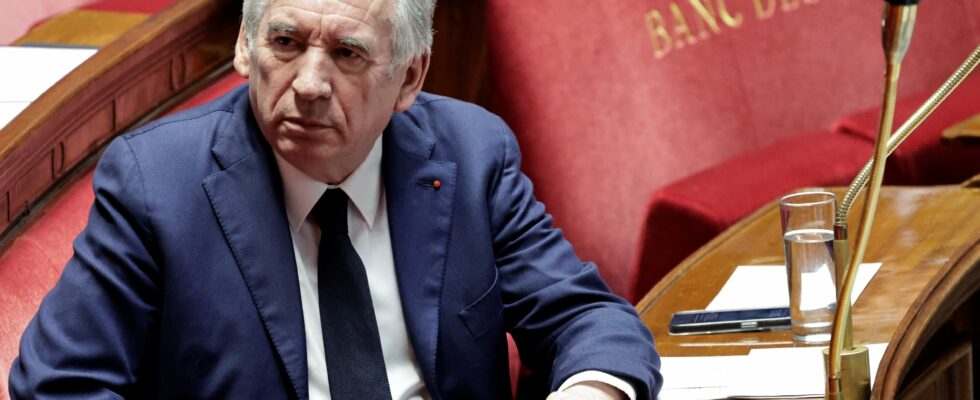Examination of the draft state budget for 2025 resumes this Wednesday, January 15 in the Senate, the day after Prime Minister François Bayrou’s general policy declaration. Can it be voted on quickly? What about the Social Security budget? Update on the procedure.
Where are we?
Suspended by censorship in December by the Barnier government, the examination of the draft state budget for 2025 – the finance bill (PLF) – will resume precisely where it left off in Parliament. To save time, the government opted for this option, effectively ruling out the possibility of starting from scratch with another project, which would have required several additional weeks of debate.
At this stage, the National Assembly rejected the PLF at first reading. As for the Senate, it approved the revenue section and is resuming examination of the expenditure section this week. Several “budgetary missions” still remain on the agenda of the upper house, such as Overseas (Wednesday January 15), agriculture (Friday January 17) and even defense (Saturday January 18).
When will there be an adoption?
The solemn vote on the entire draft state budget is scheduled for January 23 in the Senate, at first reading. From there, the government can convene a joint committee (CMP), a meeting of seven senators and seven deputies responsible for proposing adjustments to arrive at a compromise text.
If they succeed, the consensus version would then be submitted to a final vote by both chambers. In the National Assembly the question of the use of 49.3 by the government would then arise again, again opening the way to a motion of censure.
Convening a CMP would have the merit of speeding things up. “If deputies and senators agree, there could be an adoption of this budget as early as the end of January or the beginning of February. This is what we should all hope for,” argued this weekend the president of the National Assembly, Yaël Braun-Pivet. If the CMP was not conclusive or if the government did not wish to convene it so soon, the text would then be submitted again to the two chambers for a complete examination, which would inevitably be very time-consuming.
What about the Social Security budget?
The situation differs for the Social Security financing bill (PLFSS), which contains many irritants on employer contributions or hospital financing. It is on this text that the former Prime Minister, Michel Barnier, came across, after using article 49.3 to have the conclusions of the CMP adopted.
But despite this major parliamentary disavowal, the text is not dead: after a brief passage through the Senate on January 23, it will be able to resume its journey within the framework of a new reading in the National Assembly then in the chamber high. According to several elected officials, the executive plans to resume the examination of the PLFSS in the Assembly from January 29, on the text as adopted by the Senate.
What room for maneuver?
Even if François Bayrou and his ministers (Eric Lombard and Amélie de Montchalin at Bercy, Catherine Vautrin on the PLFSS) increase consultations with the oppositions to find a way through these two financial texts, their room for maneuver is reduced.
Indeed, it will be impossible to introduce new measures without a direct relationship with the provisions remaining under discussion. Because of this rule, known as the “funnel”, there is “nothing possible in terms of revenue”, castigated the rebellious president of the Assembly’s Finance Committee, Éric Coquerel. The latter fears additional cuts in spending and imagines a budget “worse” than that of the Barnier government. Furthermore, ministers and parliamentarians must ensure that they respect the principle of “non-retroactivity” in tax matters, which also limits their possibility of changing the rules of certain taxes or certain tax niches.
For all these reasons, many parliamentarians already expect that amending finance bills will be tabled during the year, to take new measures on the State and Social Security budget… Enough to prolong the budgetary debates even further.
